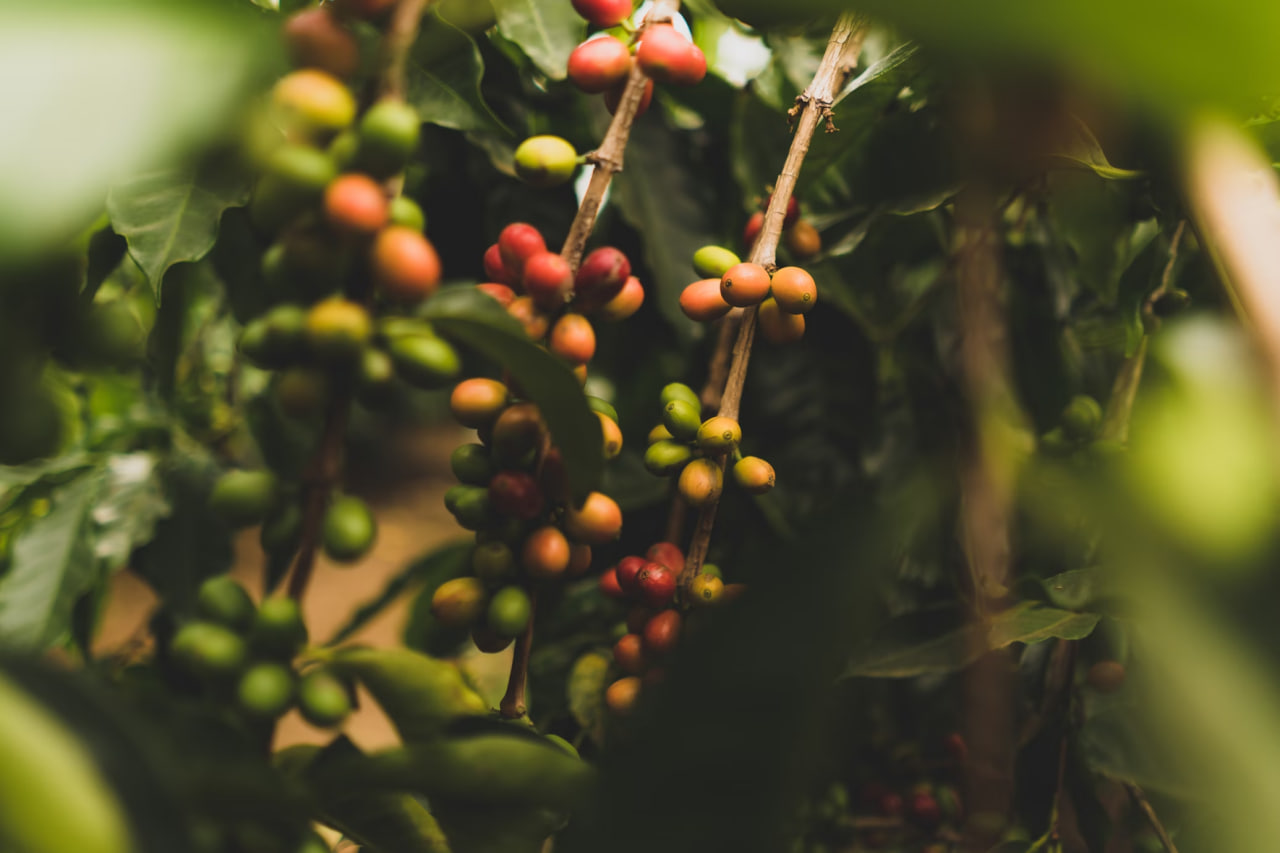This article is included in these additional categories:
With a strong commitment to environmental stewardship and sustainable development, the European Union (EU) is taking daring strides to reform global agricultural trade practices. Leveraging its substantial influence in the trade arena, the EU plans to promote sustainability throughout its supply chains, mainly focusing on critical imports such as soybeans, palm oil, coffee, and cocoa.
Recent findings from the Helmholtz Centre for Environmental Research (UFZ) and the University of Rostock illuminate the significant environmental impact of the EU’s agricultural imports and propose a new methodological approach to enhancing sustainability in trade practices. This approach emphasizes the ‘relevance’ and ‘leverage’ of imported agricultural products, both to the EU and the exporting countries, offering a granular analysis that could reshape policy and practice.
Strategic Leverage in Trade Relations
The EU’s influence is notably pronounced in its trade relationships with countries in the Global South, where agricultural practices often lead to deforestation and biodiversity loss. The research identifies key areas where the EU can exert its influence to encourage more sustainable practices. For instance, in nations like Brazil and Indonesia, where soybean and palm oil production dominate, the EU holds considerable leverage due to the economic significance of these trades.
The findings suggest that by focusing on these critical areas, the EU can support sustainable practices that align with the United Nations’ Sustainable Development Goals (SDGs) and promote economic development that transcends traditional agricultural exports. This includes encouraging diversified economies and improving agricultural standards in these regions, which could lead to more resilient local economies and enhanced global environmental outcomes.
Integrating Policies for Sustainable Impact
The EU’s strategy integrates multiple policy areas—from the Green Deal to the Farm to Fork Strategy—to promote sustainable food systems globally. These efforts are a testament to the EU’s dedication to ‘Policy Coherence for Development’ (PCD), ensuring that its internal policies do not adversely affect developing nations but support their sustainable development.
This integrative approach is crucial as the EU seeks to address the complex challenges of global agricultural trade, which involves balancing economic interests with environmental and social sustainability. The EU’s policies are geared towards reducing the ecological footprint of imported goods, regulating markets to diminish demand for unsustainable products, and fostering more sustainable consumption patterns within the EU.
Leading by Example
The EU’s endeavors to mold sustainable global agricultural trade are a significant step towards mitigating the environmental impact of international agriculture. By leveraging its economic influence and integrating sustainability into trade policies, the EU enhances its ecological credentials and supports global efforts towards sustainable development.
The path forward requires a steadfast commitment to these principles, ensuring that trade relationships and policies align with broader sustainability goals. In doing so, the EU is a leader in the global transition towards a more sustainable and equitable agricultural future.
